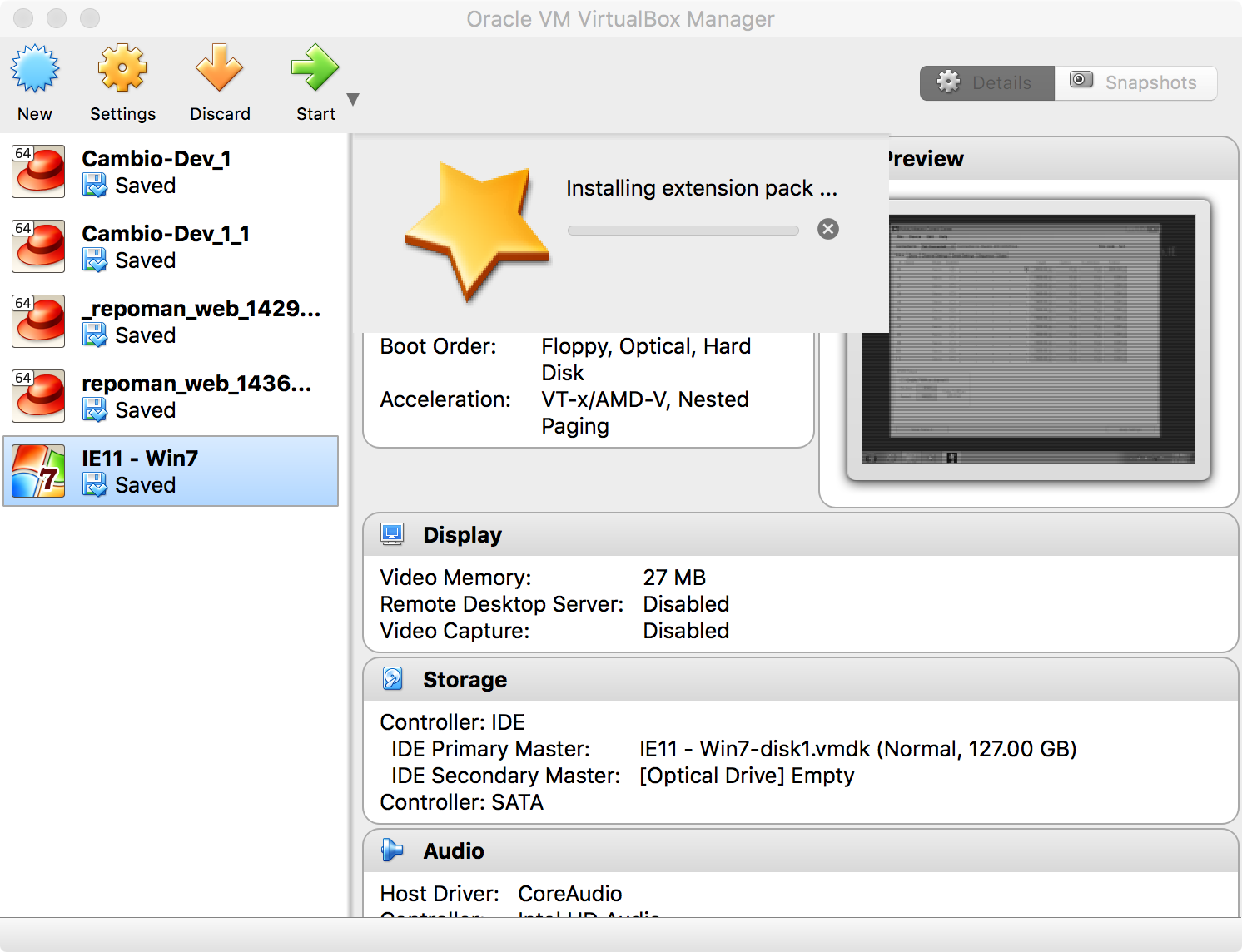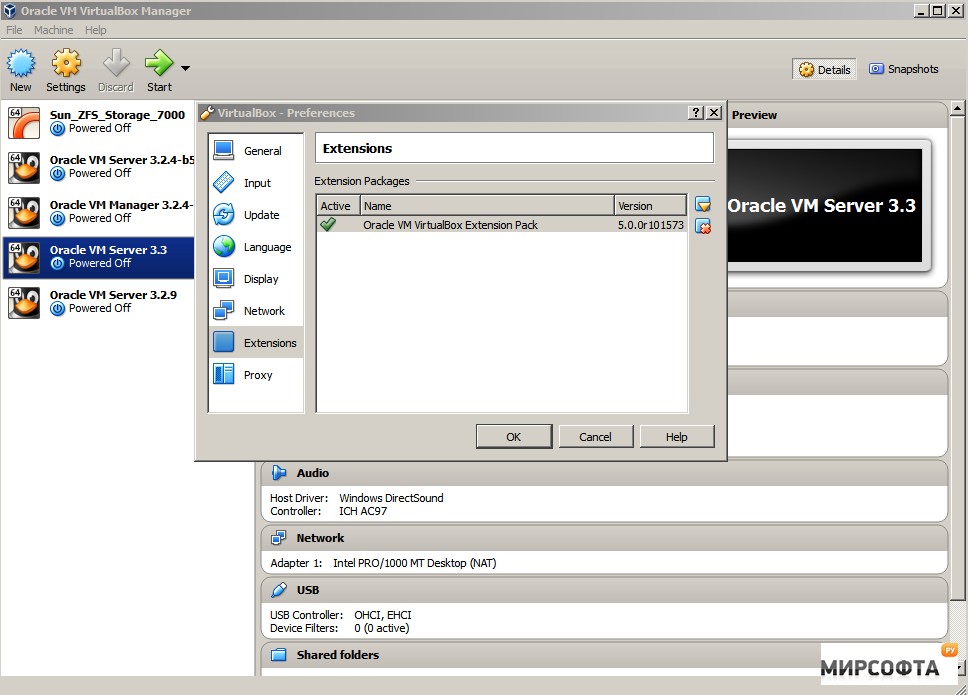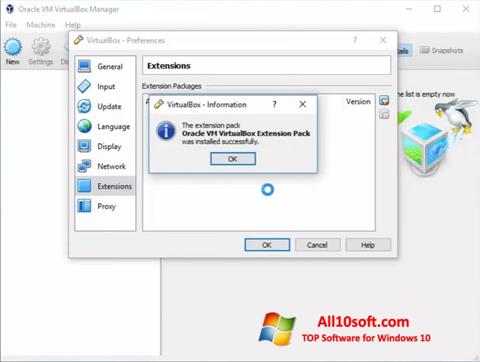

VirtualBox Extension pack ads additional futures to virtualbox such as Support for USB 2.0 and USB 3.0 devices, VirtualBox RDP and PXE boot & Disk image encryption with AES algorithm. Run the following command to launch VirtulBox. $ sudo /usr/lib/virtualbox/vboxdrv.sh setup Use the below commands to rebuild VirtualBox kernel module. Navigate to the following article to install Oracle Virtualbox on Arch Linux/Manjaro systems.Īdd a user to the vbox Group $ sudo usermod -a -G vboxusers $USERįor CentOS/RHEL 6/7: $ sudo yum install kernel-devel kernel-devel-$(uname -r) kernel-headers kernel-headers-$(uname -r) dkmsįor Fedora: $ sudo dnf install kernel-devel kernel-devel-$(uname -r) kernel-headers kernel-headers-$(uname -r) dkms elfutils-libelf-develįor openSUSE: $ sudo zypper install kernel-devel kernel-devel-$(uname -r) kernel-headers kernel-headers-$(uname -r) dkmsĪfter installing VirtualBox on rpm based systems such as RHEL, CentOS, Fedora and openSUSE, it’s necessary to rebuild kernel modules to make it work properly. VirtualBox is an amazing software that has a lot of features compared with other virtualization software such as QEMU, VMware,etc., and still the development team hardly working on VirtualBox to improve stability.

Oracle defines personal use as the installation of the software on a single host computer for non-commercial purposes. The separate “VirtualBox Oracle VM VirtualBox extension pack” providing support for USB 2.0 and 3.0 devices, VirtualBox Remote Desktop Protocol (VRDP), disk encryption, NVMe and Preboot Execution Environment (PXE). It allows the other operating systems (known as Guests) to be installed and run within an existing operating system (known as the Host).Īll of the features are available in the Free version as well for personal use and not for commercial use. It was initially built & developed by Innotek GmbH and it was acquired by Sun Microsystems in 2008, later it was acquired by Oracle in 2010 and currently being developed by Oracle Corporation. VirtualBox (formerly known as Sun VirtualBox, Sun xVM VirtualBox and Innotek VirtualBox) is an open-source cross-platform virtualization software for x86 architecture and run on Linux, Windows & Mac.

I prefer VirtualBox because I was using it for more than 6 years. Not only VirtualBox but also you can use other alternatives such as QEMU, VMware Workstation Player, etc. If a Windows user wants to test Linux distribution, or a Linux user wants to try other Linux distributions, I would advise you guys to use Oracle Virtualbox to test this because virtual system won’t disturb host OS files.


 0 kommentar(er)
0 kommentar(er)
